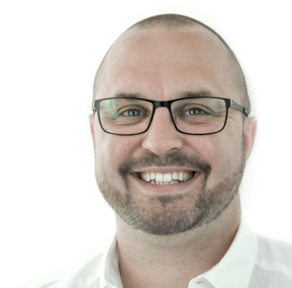Lecturer: Achim Stephan
Fields: Philosophy (of emotions)
Content
The course offers (1) an introduction to affective phenomena such as emotions and moods, in general; (2) it also introduces to the key notions of situated affectivity such as 4E, user-resource interactions, mind shaping, mind invasion, and scaffolds; (3) next, we will apply these notions to the study of cases of mind invasion from individuals to nations; (4) finally, we will explore whether we can trust our (own) emotions.
Literature
- Stephan, Achim, Sven Walter & Wendy Wilutzky (2014). Emotions Beyond Brain and Body. Philosophical Psychology 27(1), 65-81.
- Stephan, Achim (2017). Moods in Layers. Philosophia 45, 1481-1495. doi: 10.1007/s11406-017-9841-0
- Stephan, Achim & Sven Walter (2020). Situated Affectivity. In: T. Szanto & H. Landweer (eds.) The Routledge Handbook of Phenomenology of Emotion. Abingdon: Routledge, pp. 299-311.
- Coninx, Sabrina & Achim Stephan (2021). A Taxonomy of Environmentally Scaffolded Affectivity. Danish Yearbook of Philosophy 54, 38-64. doi: https://doi.org/10.1163/24689300-bja10019
Lecturer

Achim Stephan’s current research is mainly focused on human affectivity, particularly from a situated perspective. He was head of the Philosophy of Mind and Cognition group at the Institute of Cognitive Science at Osnabrück University (2001-2023) and co-speaker of the bi-local DFG-funded research training group on Situated Cognition (2017-2023). In his PhD thesis, he worked on meaning theoretic aspects in the psychoanalysis of Sigmund Freud (1988); his habilitation thesis covers various theories of emergence and their applications (1998). From 2012 to 2015, he was president of the German Society for Analytic Philosophy (GAP); from 2017 to 2020 he was president of the European Philosophical Society for the Study of Emotions (EPSSE).
Affiliation: Osnabrück University, Institut of Cognitive Science









